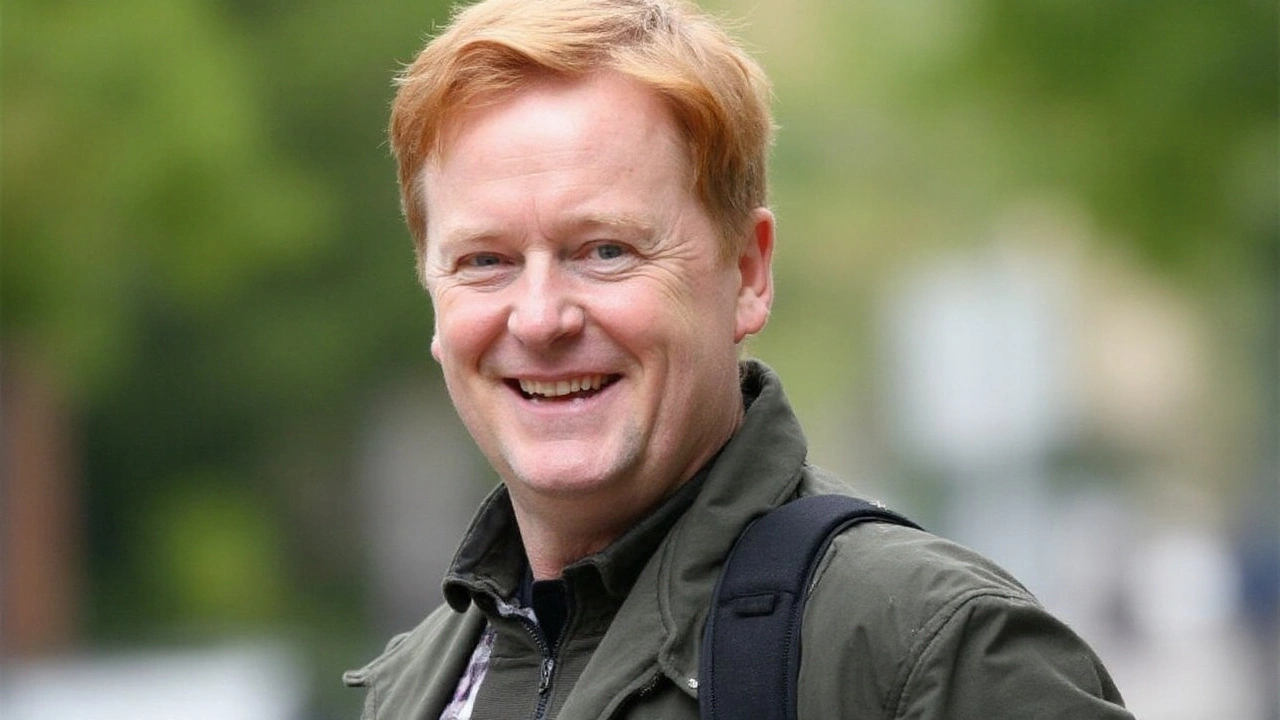Supreme Court Ruling Redefines 'Woman'—Sturgeon Pushes Back
Tempers flared again over the ongoing debate about how UK law defines the word “woman,” after the Supreme Court ruled that, under the Equality Act 2010, the term specifically refers to biological sex—not gender identity. It was the kind of legal call everyone knew would set off a political storm. Former First Minister Nicola Sturgeon jumped right in, taking bold aim at how the ruling has already been "massively overinterpreted" and warning it could upend the lives of transgender people unless leaders step in to fix it.
During her first public comments on the ruling, speaking at the How the Light Gets In festival in Hay-on-Wye, Wales, Sturgeon didn’t mince words about her frustration. She made it clear she acknowledges the Supreme Court as the country’s highest judicial authority—“no gainsaying that,” as she called it. But she pushed an even stronger point: Nicola Sturgeon insisted it's up to politicians, not judges, to decide what the law should be going forward.
Sturgeon called on Keir Starmer and his government to act if the new definition actually hurts trans people’s daily lives. Specifically, she said, “If this ruling means trans lives or rights are being restricted or made unmanageable, it’s Parliament’s responsibility to correct that.”
Gender, Safety, and Single-Sex Spaces—Where the Real Arguments Are Happening
Sturgeon also waded right into the fire over the practical impact for trans women. She openly criticized the Equality and Human Rights Commission’s (EHRC) interim advice that would ban trans women from single-sex spaces like women-only hospital wards or changing rooms. For her, this is a dangerous road. “If that guidance ever becomes permanent, it could make transgender people’s lives almost unliveable,” she warned. She connected this with her core argument that safety for women doesn’t come from an exclusion of trans people, but from getting tough on violent or predatory men.
This isn’t just a legal or policy debate for Sturgeon. She stressed that, during her years in public life, she faced more misogynistic abuse over debates on gender recognition than on anything else. But she still describes herself as a determined ally for the trans community—and says she has no plans to back down.
The background to all this? Sturgeon was architect of the Scottish Gender Recognition Reform (GRR) Bill, which was meant to allow self-identification for trans people. That sparked years of legal fighting, finally ending up in the Supreme Court. The court’s 2025 decision was clear: ‘sex’ means biological sex under the Equality Act. But it also insisted that protections against discrimination for trans people still apply, at least on paper.
Women’s rights groups, some of whom have been fiercely critical of Sturgeon’s approach, praised the Supreme Court for “bringing back clarity” to law around sex-based protection. Fans of the new ruling see it as protecting vulnerable single-sex spaces. Meanwhile, trans rights advocates share Sturgeon’s alarm, fearing impossible choices when it comes to public spaces, jobs, or healthcare.
Facing questions from journalists, Sturgeon pointed out the “irony” of a court ruling, intended to shield women, possibly halting a separate bill aimed at fighting misogyny against women. For her, it all comes down to what kind of country Scotland and the wider UK want to be—one that protects rights for all, she says, including trans people, women, and everyone who just wants to be treated fairly and compassionately.
